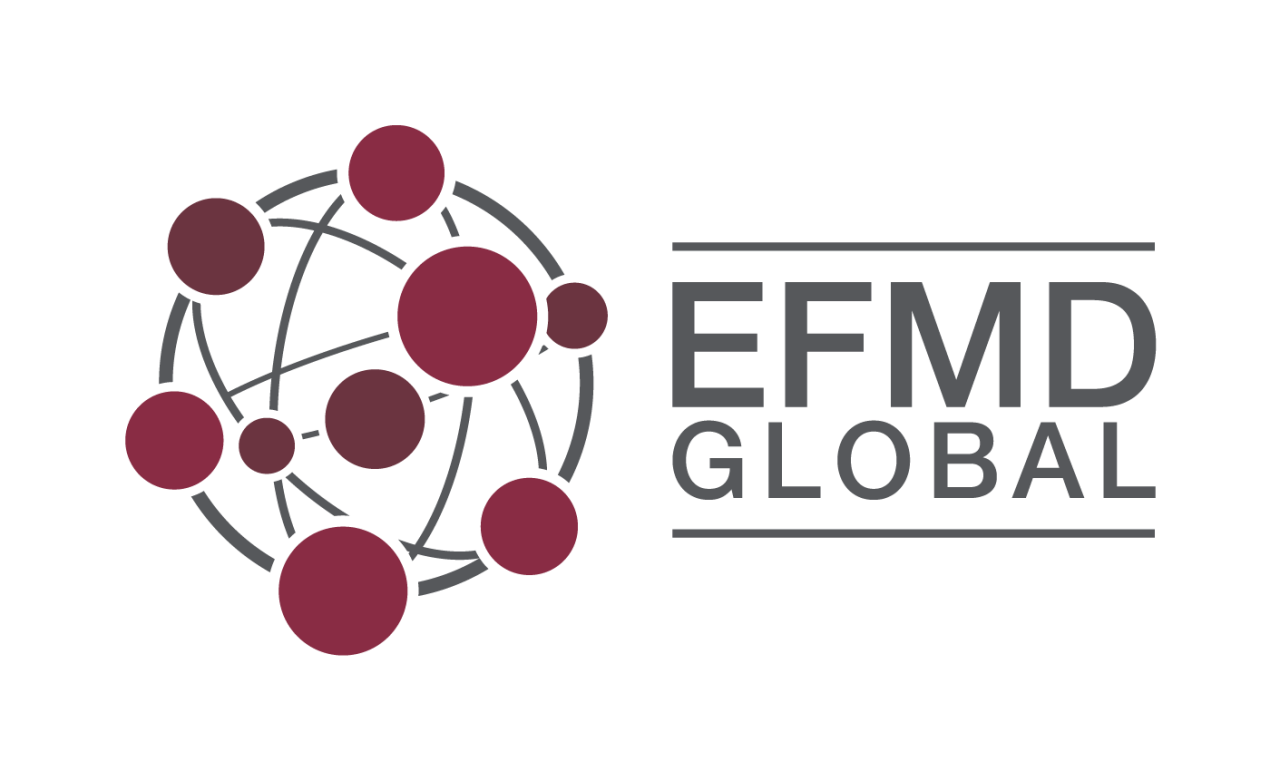 Welcome back to Part 3, the finale, of Business Schools and the Call to Community Action. We all know COVID-19 has affected every sector of our lives, including education.But how have business schools responded to the call to action during this crisis? In the third part of this three-part unique panel series, GBSN CEO, Dan LeClair speaks with three schools from around the world showcasing innovative solutions tohelp their communities.
Welcome back to Part 3, the finale, of Business Schools and the Call to Community Action. We all know COVID-19 has affected every sector of our lives, including education.But how have business schools responded to the call to action during this crisis? In the third part of this three-part unique panel series, GBSN CEO, Dan LeClair speaks with three schools from around the world showcasing innovative solutions tohelp their communities.
In this webinar, we will, one final time, travel across borders to France, where Kedge Business School’s Director of International Operations and Relations, Tashina Giraud, will be discussing the institutions’ expansionary efforts for their emergency funds among other efforts. We will then venture to Florida International University, with Dean Joanne Li, who will discuss their work in Miami, including expanding the mission of the Dean’s Destination Fund. Finally, we will end inBrazil to hear from Fundação Dom Cabral’s Associate Dean for Global Strategy Viviane Barreto. As always, GBSN is proud to showcase just a few of the community solutions our member schools are presenting during this time when we need innovation most.
Date
Tuesday, June 16, 2020
- 10:00am Washington D.C.
- 11:00am São Paulo
- 3:00pm London
- 4:00pm Paris
- 5:00pm Nairobi
- 6:00pm Dubai
- 7:30pm Mumbai
- 9:00pm Jakarta
- 10:00pm Malaysia
Registration
Click the link below to register for the webinar.
REGISTER HERE
Speakers
 Joanne Li
Joanne Li
Dean
Professor of Finance
Ryder Eminent Scholar Chair
Florida International University College of Business
Joanne Li, Ph.D., CFA is dean, professor of finance and Ryder Eminent Scholar Chair at Florida International University College of Business (FIU Business), an AACSB-accredited college and the largest business school in the state of Florida. As dean, she leads the Landon Undergraduate School and Chapman Graduate School, as well as FIU Business’ executive education, global learning and small business development programs (the Pino Global Entrepreneurship Center and Florida SBDC at FIU).
Li serves as president of the Council of Chinese American Deans and Presidents (CCADP). She is a member of the EFMD Global Network Americas Advisory Board, a nonprofit global accreditation body for business schools, business school programs, and corporate universities. Li recently completed her term on the eight-member board of directors of CLADEA, the Latin American Council of Management Schools, the first woman to serve in that capacity.

Tashina Giraud
Director of International Operations & Relation
Kedge Business School
Tashina Giraud is the Director of International Operations & Relation for Kedge Business School. She joined Kedge BS in 2009 and has held various functions including Directing the Toulon Branch Campus with the Industrial Design and Business Engineering Programs. Before entering the field of higher education, she worked in West Africa in inter-governmental and NGO programs dedicated to Africa peace and democracy initiatives. Committed to sustainable community development, Tashina presides over the Calanques National Park’s Social, Economic and Cultural Council.
 Viviane Barreto
Viviane Barreto
Associate Dean for Global Strategy
Fundação Dom Cabral (FDC)
Viviane Barreto is Associate Dean for Global Strategy of FDC-Fundação Dom Cabral.She holds a Masters in Business with an emphasis on the Internationalization of Business (FDC/ PUC-MG) and had her Executive MBA at FDC, post MBA at Kellogg School of Management/ FDC and others. Viviane brings over twenty years of best practice experience in management and leadership in different countries and cultures. She started at FDC in 2008 as a professor of practice where she designed and delivered executive education programs for large companies in Brazil, the USA and the Middle East. For 2 years she also served as the Associate Dean for International Relations and Programs where among other accomplishments she successfully led the creation of the first all women’s global development program for senior executives launched in Brazil. In her latest role, for the past 4 years, Viviane served as Associate Dean for Corporate Education developing and implementing strategies to maximize the customized learning experience for transformational impact. Prior to FDC, Viviane served as Marketing Strategist at Magnesita Refractories (now RHI Refractories) and worked as a Senior Management Consultant at INDG in Cost Reduction and Lean Management Projects to large companies from different sectors in Latin America and USA. Viviane is married and is the mother of 2 teenage girls.













